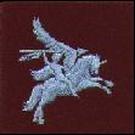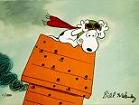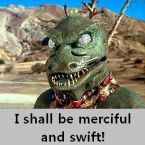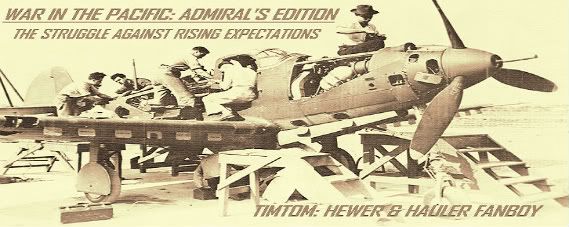CT Grognard
Posts: 694
Joined: 5/16/2010
From: Cape Town, South Africa
Status: offline

|
Hasegawa is an expert on the Cold War and speaks Japanese, English and Russian.
There was an extremely complex geopolitical game being played from early 1945. The Yalta Conference took place from 4 to 11 February 1945, at which time the Soviets were less than 100 km from Berlin. Stalin, understandably, felt he was in a very strong position. Churchill despised Stalin as a devil-like tyrant, but he was forced to tolerate him. Roosevelt, naïvely, had a much more rosy view of Stalin. Roosevelt wanted an end to the war as soon as possible and desired Soviet military assistance against Japan (which Stalin agreed to do within three months of the war in Europe ending). He also wanted buy-in from Stalin for the United Nations to be formed after the war was over.
Stalin at a minimum wanted back what Russia had lost to Japan through defeat in 1905 - Port Arthur, Dairen, the South Manchurian Railway, and South Sakhalin. In addition to this, he desired the Kurile Islands. Roosevelt agreed to this at Yalta, but if Japan surrendered to the USA then Stalin would recover these territories as a gift courtesy of American military prowess, which does not make for great propaganda. Stalin would gladly have broken the Neutrality Pact with Japan earlier, but he needed to end the war in Europe first. He also needed to ensure that the war with Japan continued for long enough to ensure that the Soviets could get involved militarily eventually - it would be a great propaganda tool for Stalin if he was the one who recovered the lost territories from Japan.
This, perversely, resulted in the Soviets leaking intelligence on Allied war plans to the Japanese in an effort to keep them in the war. This was confirmed by the Americans decrypting in January 1945 a message which had been sent in November 1944 from Harbin to Tokyo containing details of Allied war plans and indicating the source as "Soviet Embassy Canberra". Harbin was apparently chosen because of its large Russian population, so that leaks could be blamed on anti-Soviet Russians in that city.
Roosevelt died in April 1945, and Truman definitely did not share his predecessor's favourable view of Stalin, whom he felt was an aggressive expansionist (and Stalin's actions in establishing a communist government in Poland appeared to indicate this). Germany surrendered on 8 May 1945; Stalin now secretly started preparing for a Far East campaign against Japan, which now included ambitions to acquire the whole of Manchuria, Korea and Hokkaido.
A situation like this was unacceptable to Truman, and there was now added pressure on a quick end to the war with Japan; Japan needed to surrender unconditionally to the Allies, and not to the Soviets.
The first successful test of the atomic bomb took place on 16 July 1945. The next day the Potsdam Conference started; on 26 July 1945 the Potsdam Declaration was issued by Churchill, Truman and Chiang Kai-Shek, which ended with the following: We call upon the government of Japan to proclaim now the unconditional surrender of all Japanese armed forces, and to provide proper and adequate assurances of their good faith in such action. The alternative for Japan is prompt and utter destruction." Truman later made mention in a speech of "fire raining down on cities the likes of which have never been seen". Truman had the bomb and he was damn willing to use it if it meant a quick surrender of Japan.
On 6 August 1945 the atomic bomb was dropped on Hiroshima. Three days later Nagasaki was nuked. On the same day, 9 August, the Soviets invaded Manchuria (exactly three months after the Germans surrendered to the Soviets). The rapid and catastrophic defeat of the Kwantung Army by the Soviets must have shocked the Japanese; it would have become clear to them that the Soviets had the manpower, material and appetite to invade not just Manchuria, but likely the Home Islands as well.
I therefore think that the Soviet invasion was a serious factor in finally getting the Japanese to surrender. What was 100,000 civilian deaths from an atomic bomb in the bigger context of things, considering the devastation that firebombing had already brought to Tokyo?
|
 Printable Version
Printable Version

















 New Messages
New Messages No New Messages
No New Messages Hot Topic w/ New Messages
Hot Topic w/ New Messages Hot Topic w/o New Messages
Hot Topic w/o New Messages Locked w/ New Messages
Locked w/ New Messages Locked w/o New Messages
Locked w/o New Messages Post New Thread
Post New Thread